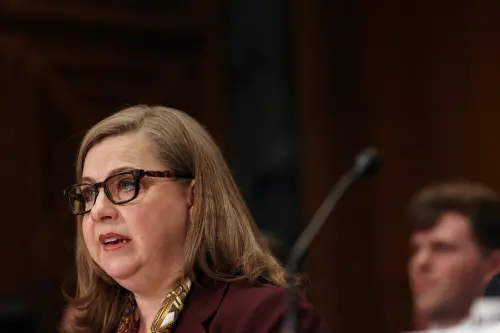Introduction
The Federal Reserve's newly appointed Vice Chair for Supervision, Michelle Bowman, has unveiled a comprehensive strategy aimed at revisiting and reducing several banking regulations deemed excessive.Context
Bowman, confirmed to her position on Wednesday, emphasized the need for a reassessment of rules that have proliferated since the 2008 financial crisis. She highlighted that the goal should not be the complete elimination of bank failures but rather the establishment of a framework where banks can fail without endangering the stability of the banking system.Developments
Bowman, who has been a Fed governor since 2018, has consistently criticized the enforcement of stringent rules on the banking sector. She announced that the Fed will initiate a series of projects aimed at relaxing requirements and optimizing oversight, particularly targeting long-standing grievances from banks.Changes to Bank Supervision
A significant focus of her address was on modifying bank supervision practices, which many in the industry have criticized for being overly subjective. She pointed out that about two-thirds of large banks received unsatisfactory ratings despite meeting all capital and liquidity standards. To rectify this "odd mismatch," Bowman proposed a "more sensible approach" that would lessen the emphasis on subjective ratings for resilient banks and reconsider the ratings framework for smaller banks to focus on tangible risks rather than subjective evaluations.Evaluating Bank Capital Requirements
Bowman also suggested that the Fed would critically assess its capital and other rules, including large bank leverage rules that require firms to maintain capital against assets irrespective of risks. She noted that while these requirements were meant to serve as a safety net, they have inadvertently become binding, compelling banks to hold capital against low-risk assets like U.S. Treasury debt.Additionally, a conference will be held in July to evaluate whether current capital frameworks for large banks are functioning effectively. The Fed plans to enhance transparency and predictability in its annual stress tests for major banks while discussing adjustments to the capital surcharge imposed on the largest global banks and the contentious "Basel III endgame" reforms.
